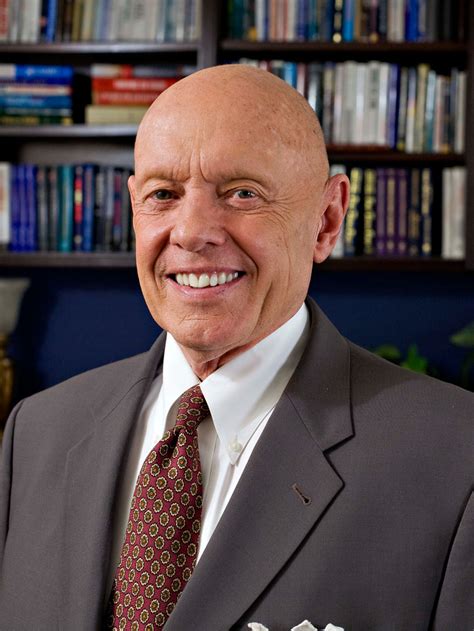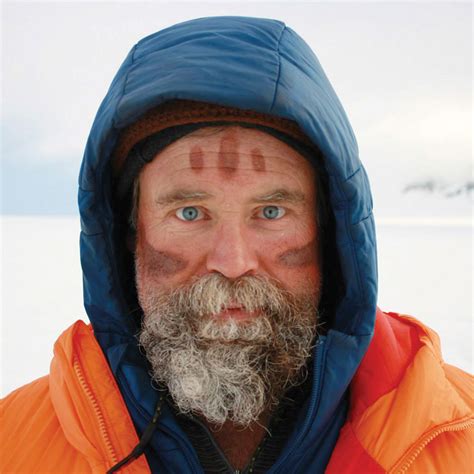A Quote by Teju Cole
We experience life as a continuity, and only after it falls away, after it becomes the past, do we see its discontinuities. The past, if there is such a thing, is mostly empty space, great expanses of nothing, in which significant persons and events float.
Related Quotes
Idealism sees the world in God. It beholds the whole circle of persons and things, of actions and events, of country and religion,not as painfully accumulated, atom after atom, act after act, in an aged creeping Past, but as one vast picture, which God paints on the instant eternity, for the contemplation of the soul.
The Hopi, an Indian tribe, have a language as sophisticated as ours, but no tenses for past, present and future. The division does not exist. What does this say about time? Matter, that thing the most solid and the well-known, which you are holding in your hands and which makes up your body, is now known to be mostly empty space. Empty space and points of light. What does this say about the reality of the world?
In the end, people don't view their life as merely the average of all its moments-which, after all, is mostly nothing much plus some sleep. For human beings, life is meaningful because it is a story. A story has a sense of a whole, and its arc is determined by the significant moments, the ones where something happens. Measurements of people's minute-by-minute levels of pleasure and pain miss this fundamental aspect of human existence. A seemingly happy life maybe empty. A seemingly difficult life may be devoted to a great cause. We have purposes larger than ourselves.
But the past does not exist independently from the present. Indeed, the past is only past because there is a present, just as I can point to something over there only because I am here. But nothing is inherently over there or here. In that sense, the past has no content. The past - or more accurately, pastness - is a position. Thus, in no way can we identify the past as past
We learn in the past, but we are not the result of that. We suffered in the past, loved in the past, cried and laughed in the past, but that's of no use to the present. The present has its challenges, its good and bad side. We can neither blame nor be grateful to the past for what is happening now. Each new experience of love has nothing whatsoever to do with past experiences. It's always new.
I can't deceive myself out of the bare stark realization that no matter how enthusiastic you are, no matter how sure that character is fate, nothing is real, past or future, when you are alone in your room with the clock ticking loudly into the false cheerful brilliance of the electric light. And if you have no past or future which, after all, is all that the present is made of, why then you may as well dispose of the empty shell of present and commit suicide.
Old customs are easy to forget with the flashing of events in our lives. Easy to forget, like the heavy clothing we once wore to survive the winters. It is an old custom, the handing down of things. A good knife, a well-made pipe, a heavy robe. Tradition falls prey to constant change, and creativity becomes so revered that the past is a relic, only to be admired. But in this coat, I was held to the earth, pulled to the past by its weight.
For it is only framed in space that beauty blooms. Only in space are events and objects and people unique and significant-and therefore beautiful. A tree has significance if one sees it against the empty face of sky. A note in music gains significance from the silences on either side. A candle flowers in the space of night. Even small and casual things take on significance if they are washed in space, like a few autumn grasses in one corner of an Oriental painting, the rest of the page bare.






































